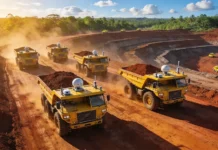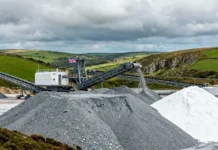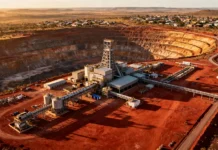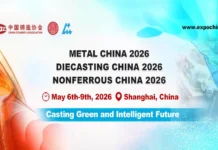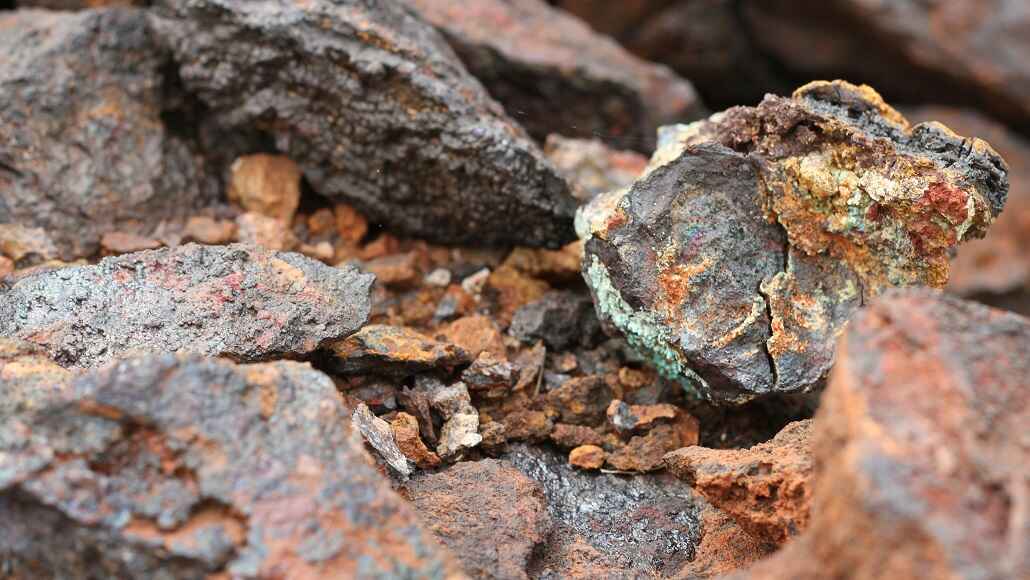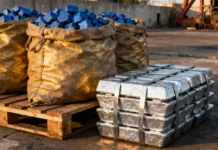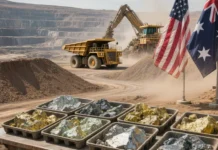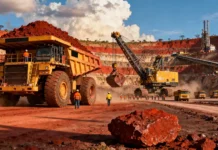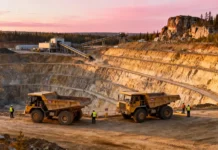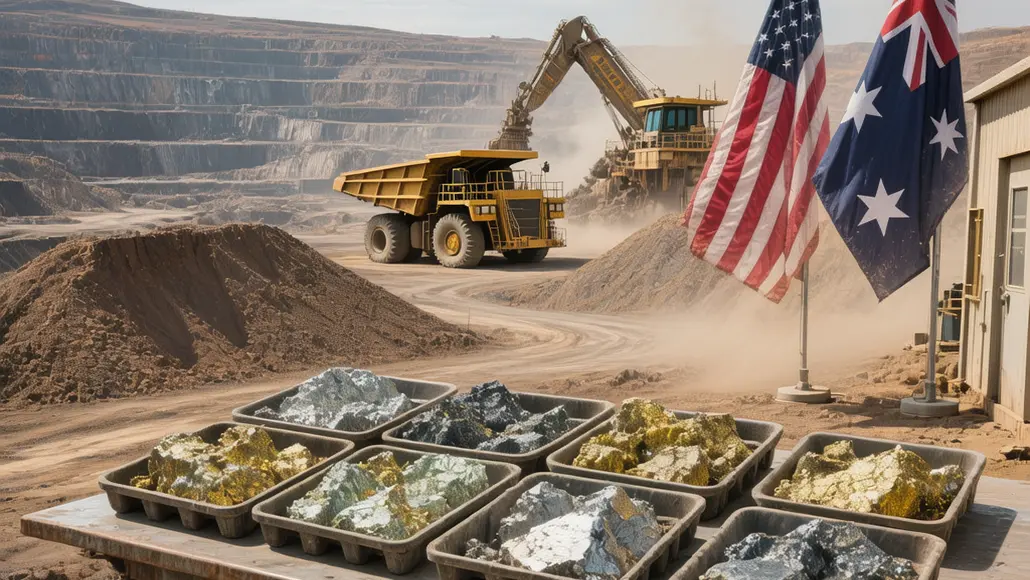In a recent development, the US government has gone on to offer to buy equity within Australian critical minerals companies as part of a funding package so as to expand its supply and at the same time also cut its dependence on China, executives who recently returned from Washington remarked.
The push happens to be a part of a strategy to go ahead and establish alternative mineral supply chains after China, which is the dominant producer of most critical minerals, went ahead and responded to US tariffs through restricting exports of rare earths as well as related permanent magnets that went on to impact the US along with European carmakers.
It is well to be noted that Australian critical minerals companies go on to have lithium and cobalt as well as rare earths that are indeed essential to technologies that are used across a range of sectors, which includes the likes of semiconductors, clean energy, and also weapons.
Apparently, the US government officials were saying to companies that if they come to them with a proposal, they shall then evaluate it and thereafter try and make it work by way of those numerous funding channels along with programs that are available to them, the CEO of International Graphite, Andrew Worland, told Reuters, which happens to be building a mine and processing plant that’s located in Western Australia.
Interestingly, Worland happened to be a part of a delegation from Australia that had in it a cluster of 15 critical mineral companies, which went on to visit Washington as well as New York in September 2025 in order to meet the senior administration officials.
Notably, the officials that they met included David Copley, a former mining executive who heads an office at the US National Security Council, which is focused on making the supply chains more robust, and Joshua Kroon, the deputy assistant secretary, critical minerals and metals, International Trade Administration, Worland confirmed.
Funding pathways could very well include traditional debt, debt along with equity models, which would be debt financing along with an equity kicker, as well as offtakes, in which the US could potentially go ahead and prepay for supply in order to add to a defense stockpile, said Worland, further adding that the focus happened to be on getting projects well established for 2027.
It is worth noting that the US government has already gone on to take the equity holdings in US-listed critical minerals companies. On September 30, Reuters went on to report that the US Department of Energy is going to take a 5% stake within Lithium Americas in addition to a separate 5% stake at the Thacker Pass lithium mine joint venture with GM.
The US government is going to acquire the stakes in Lithium Americas by way of no-cost warrants, which is the latest private sector investment made by the Trump administration post the recent purchases of Intel and MP Materials parts in order to boost sectors seen as very important to US national security.
Reuters also reported on September 30, 2025, that Australia was indeed willing to sell shares in its new strategic reserve when it comes to critical minerals to its allies, including Britain, so as to decrease their China reliance. This reserve is anticipated to be a bargaining chip for Albanese, the Prime Minister of Australia, when he goes on to meet President Trump in Washington come October 20.
Apparently, the Trump administration is reviewing the Australia, UK, and US – AUKUS defence pact, which happens to include a multi-billion-dollar plan so as to provide Australia with nuclear-powered attack submarines in order to counter China in the Indo-Pacific.
According to Cobalt Blue’s CEO, Andrew Tong, who was also a part of the delegation, the big takeaway message happens to be that the US government is now open for business and that they are going to use what financial instruments they think are right or suitable when it comes to a case-by-case basis.
Notably, Cobalt Blue is looking out for funding for its Australian cobalt mine as well as a cobalt refinery in Western Australia, which it looks forward to integrating into the US supply chain, Tong added.
The fact is that financing has indeed been pretty difficult for critical minerals projects due to the reason that their product markets happen to be small and prices can be very volatile, hence making valuations challenging and the investments very risky. However, the government backing, which includes the potential US role, has gone ahead and derisked the projects and at the same time ignited the interest of the investor.


